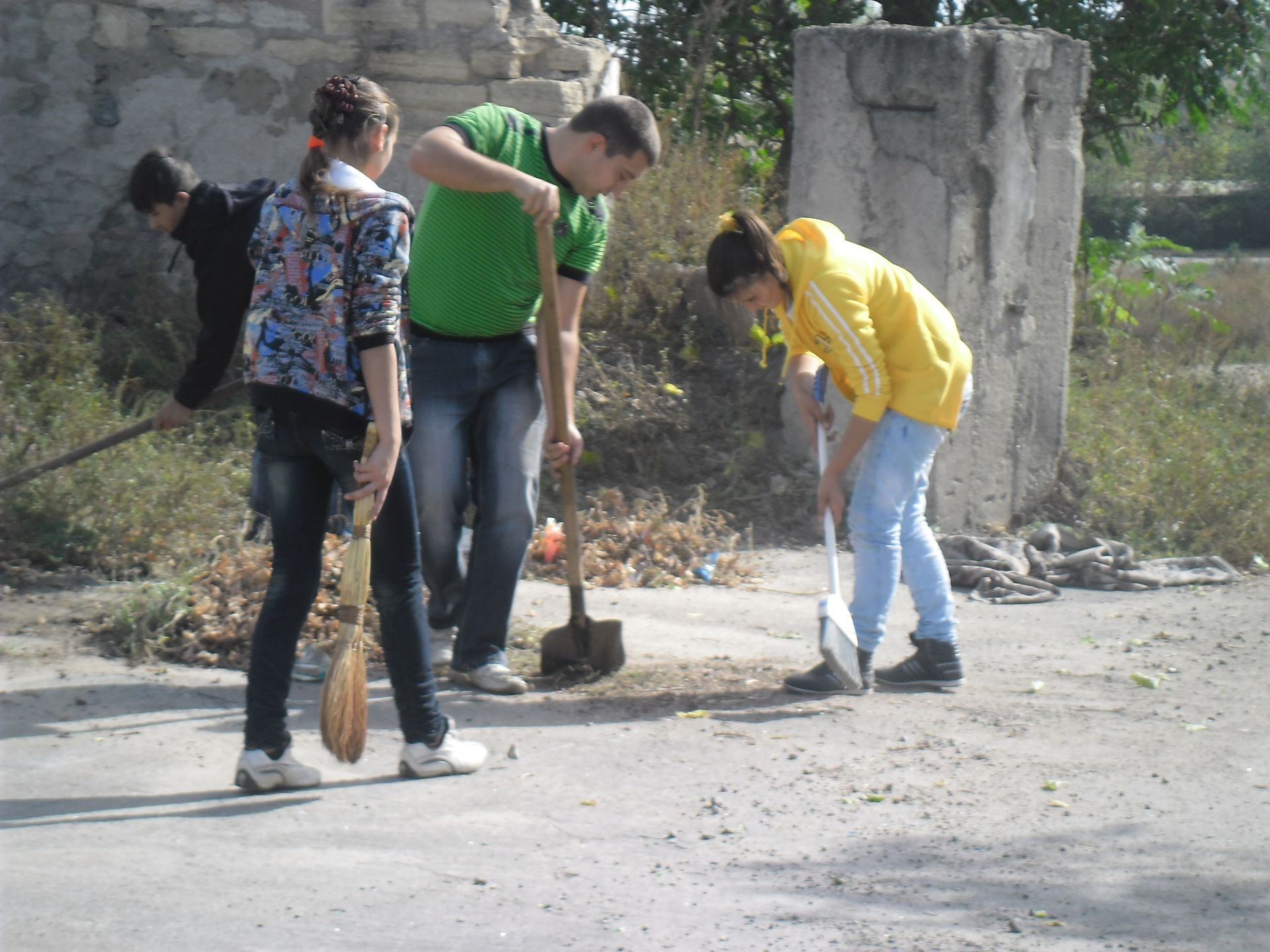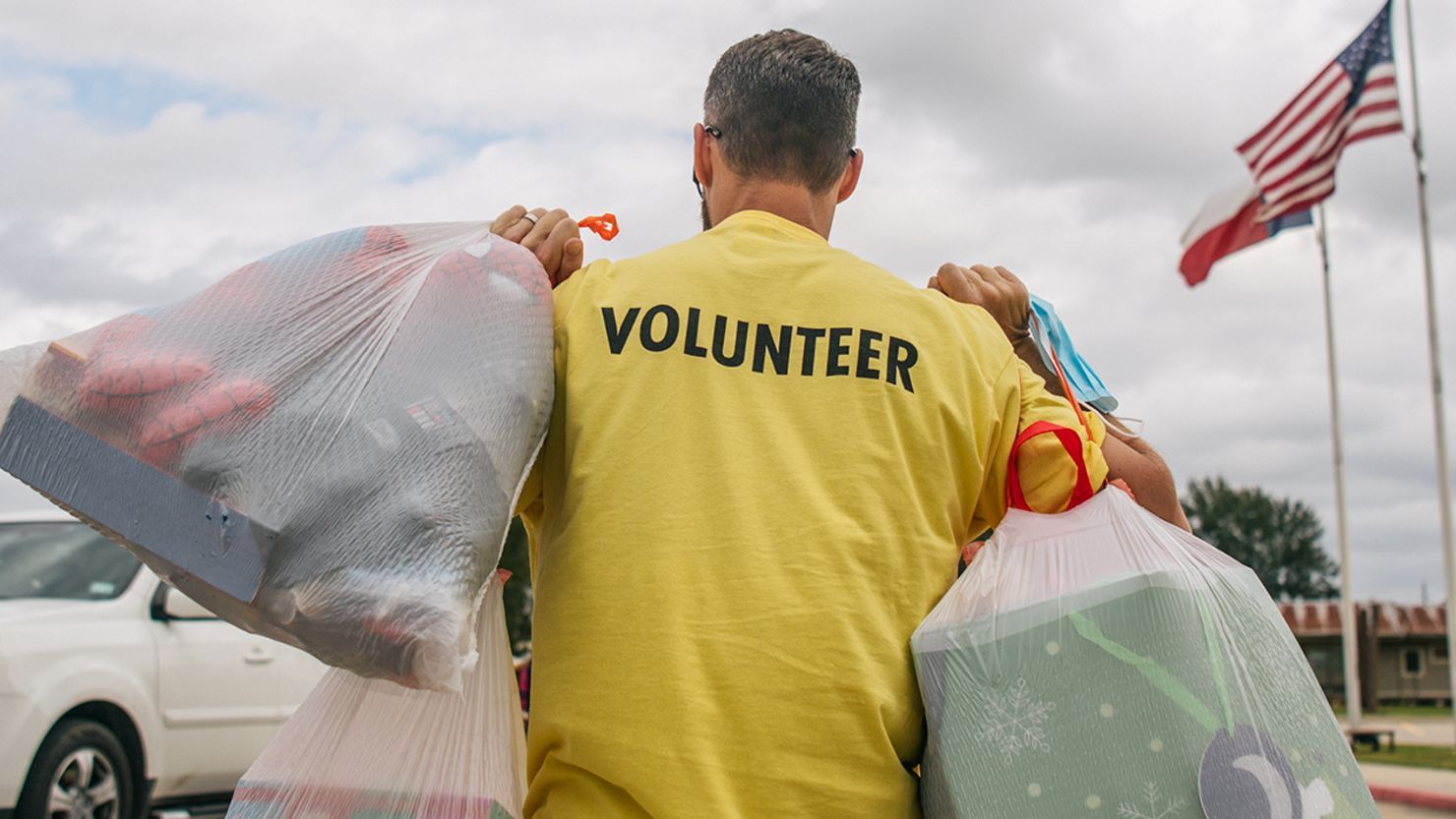What’s the Difference Between Volunteer and Community Service?
TLDR:
Volunteering is a personal choice driven by a desire to help others, while community service is often a requirement from a school, court, or organization. Both contribute to society, but they differ in motivation, obligation, and outcomes.
What Is Volunteering vs What Is Community Service?
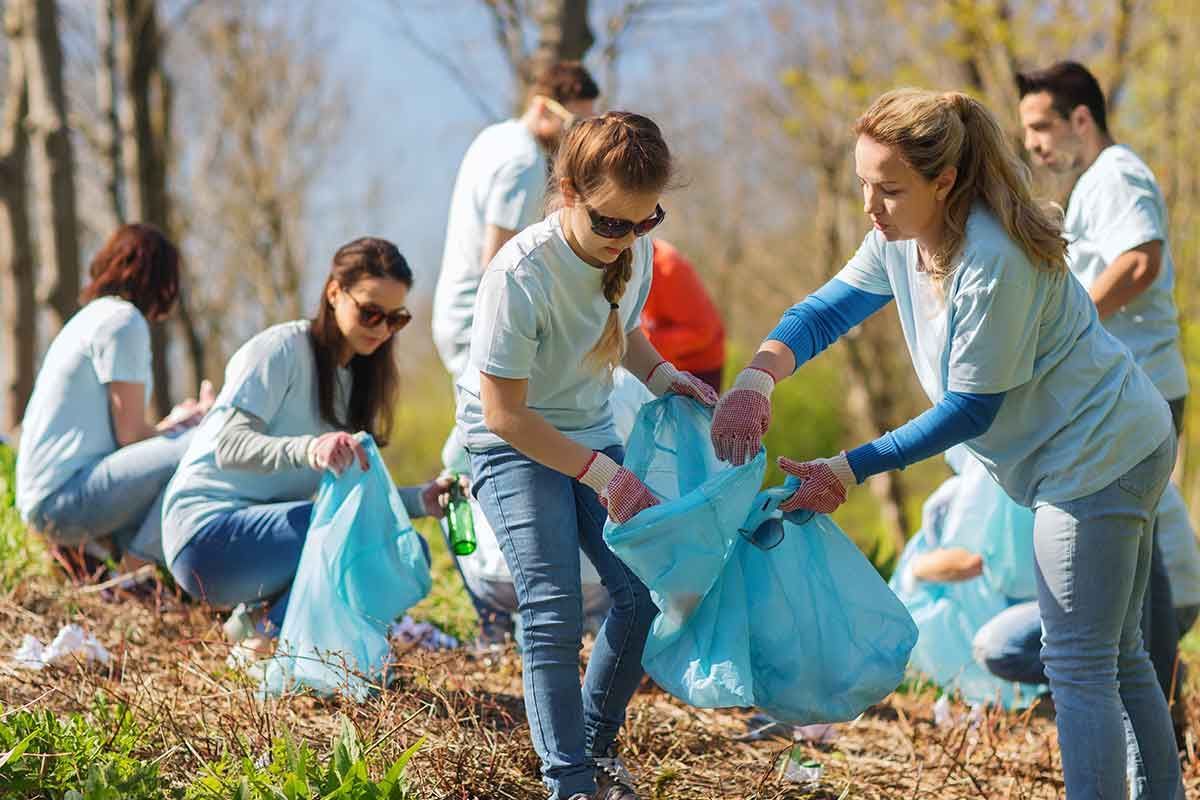
Volunteering is when someone willingly gives their time, skills, or effort without expecting compensation. It's an act of personal generosity, often tied to a cause the person cares deeply about.
Community service, on the other hand, is often mandatory. It might be assigned by a school, court, or organization as part of a program or disciplinary action. While it's still helpful to the community, it’s typically done out of obligation. If you're wondering what kinds of tasks this usually involves, take a look at the Most Common Community Service activities people participate in across the U.S.
Key Definitions
- Volunteering: Freely choosing to help others or a cause without being asked or paid.
- Community Service: Completing work that benefits others, often as a result of a formal obligation.
Comparison Table: Volunteering vs Community Service
| Aspect | Volunteering | Community Service |
|---|---|---|
| Motivation | Altruism, empathy, personal values | Obligation, requirement by school/court/etc. |
| Formality | Informal or organized | Usually structured and documented |
| Setting | Nonprofits, events, international missions | Local governments, courts, educational institutions |
| Recognition | Awards, self-satisfaction, recommendations | Fulfillment of mandatory hours, certifications |
| Personal Growth | Strong emphasis on skill-building and self-worth | Often limited to fulfilling a requirement |
Why Do People Volunteer or Do Community Service?

People volunteer for many reasons—compassion, a desire to help, or to support a cause they believe in. It’s an act from the heart.
Community service, however, is often externally motivated. A student may be required to do it for graduation. A judge might assign it instead of jail time. It’s still a service, but not always by choice.
Intrinsic vs Extrinsic Motivation
- Volunteers are intrinsically motivated:
- They want to give back
- They seek personal fulfillment
- They align with a mission or cause
- Community service participants are extrinsically motivated:
- School or legal requirement
- Court-ordered as punishment or rehabilitation
- Company-imposed hours
The Impact: Personal Growth vs Societal Obligation

How Volunteering Changes Lives
Volunteering can be transformative. Many people discover strengths, develop emotional intelligence, and even shape careers through consistent volunteer work. If you're curious about the specific benefits of volunteering, they include:
Benefits include:
- Improved self-esteem
- New skill acquisition
- Exposure to diverse communities
- Stronger empathy and resilience
What You Learn from Community Service
Even though community service may be mandatory, it’s not without value:
- Understanding civic responsibility
- Learning from structured discipline
- Developing awareness of societal needs
Legal and Institutional Implications
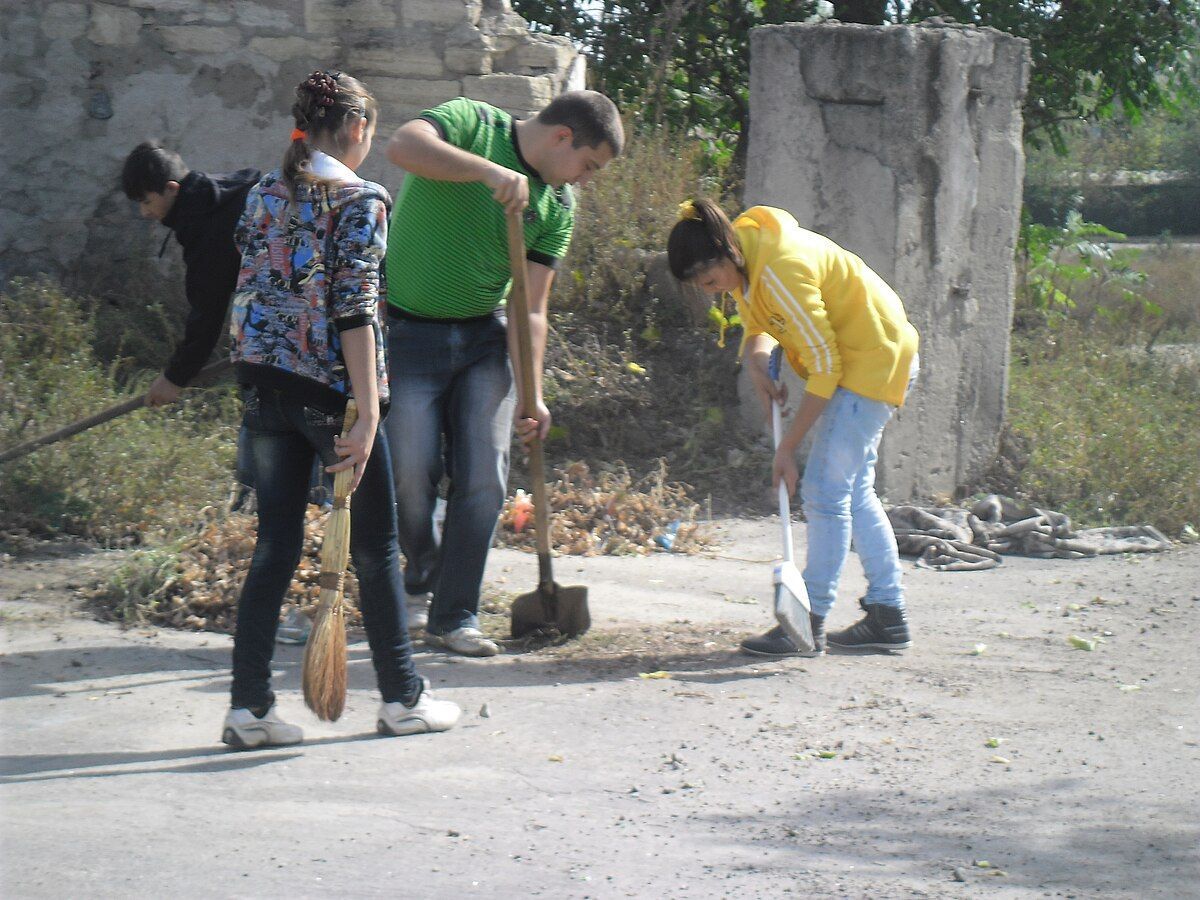
Is Community Service Mandatory?
Often, yes. Courts frequently issue it as an alternative to incarceration or fines. Schools may require it to graduate. Nonprofits may log it for grant requirements. If you're fulfilling service hours in Texas, it's especially important to understand the rules around Online Community Service in Texas before you begin.
Can Volunteering Count as Community Service?
Sometimes. If the volunteering activity meets the criteria set by an institution, school, or court, it may count. But not all volunteer hours are interchangeable with mandated service.
Legal Differences to Know
- Court-Ordered Community Service:
- Requires documentation
- Often supervised
- Legal implications for non-completion
- School-Based Community Service:
- Focus on experiential learning
- Required for scholarships or graduation
- Can include both volunteering and mandated service
- Tracking Hours:
- Documentation is critical
- Some organizations offer time logs, verification letters, or digital platforms for tracking
Examples That Bring It to Life
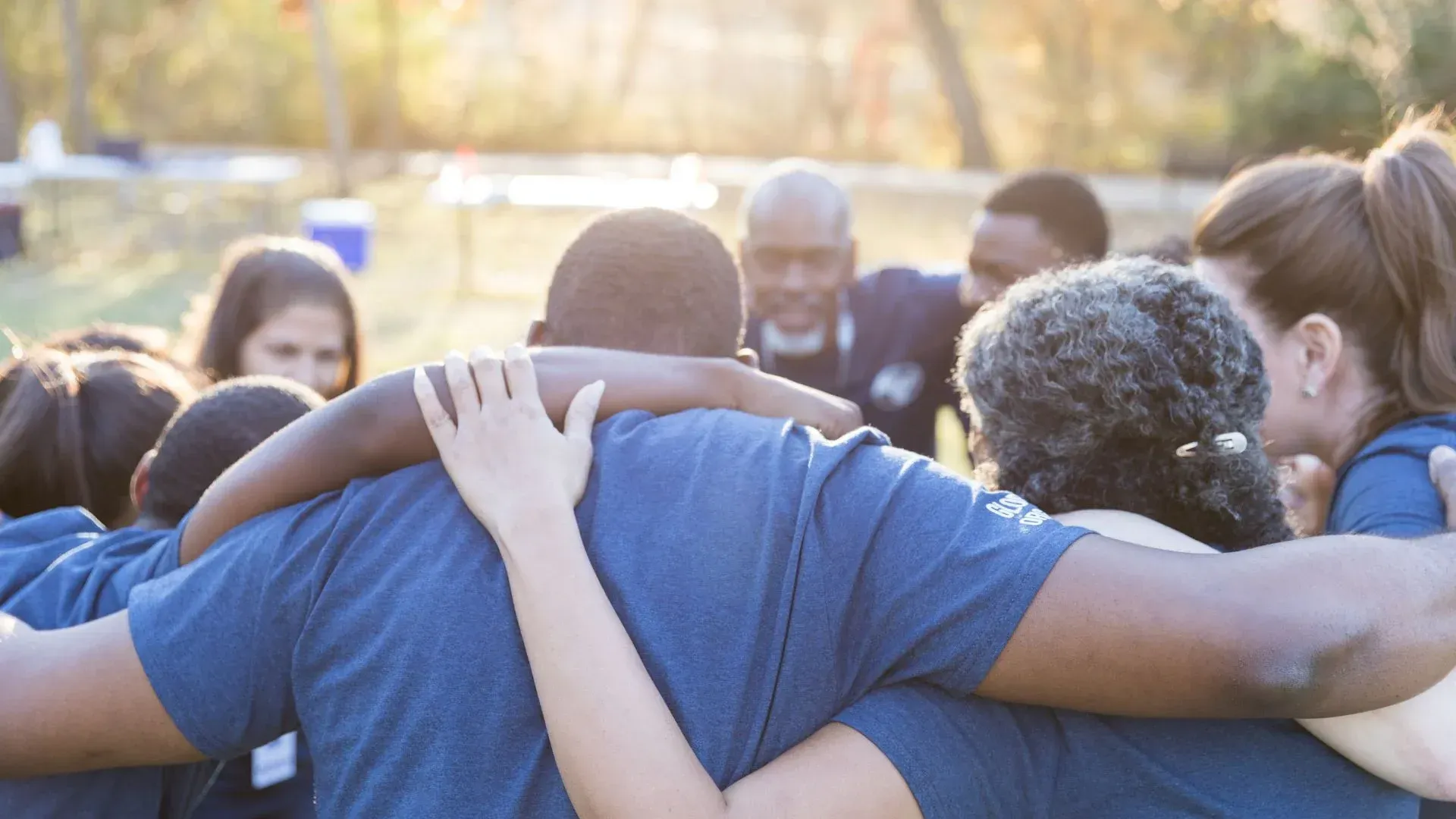
Meet John: A Student Who Chose to Volunteer Abroad
John chose to volunteer in a reforestation project overseas. He wasn’t required to—it was a gap-year decision driven by passion. He gained:
- Global perspective
- Language and leadership skills
- Lifelong connections
Sarah’s Journey: From Court-Ordered Service to Career Change
Sarah was assigned 100 hours of community service after a misdemeanor. She served at a local shelter. At first, it felt like a chore. But then:
- She built bonds with clients
- She learned about social work
- She later enrolled in a social work program
Should I Volunteer or Do Community Service?

Both paths help society, but your decision might depend on:
- Are you doing it by choice or obligation?
- Are you looking to grow personally or fulfill a requirement?
- Do you have legal restrictions or institutional guidelines to follow?
Key Considerations
- Time Commitment: Volunteering is flexible; community service often is not.
- Values Alignment: Volunteering is driven by belief; community service may not align with personal causes.
- Skill Building: Volunteering offers broader learning opportunities.
- Legal Constraints: Community service may come with limitations or monitoring.
Frequently Asked Questions
Is community service a form of volunteering?
Not exactly. While both help others, volunteering is a personal choice. Community service is often required.
Can volunteering replace community service?
Only if the organization or court accepts it as equivalent. Always check guidelines.
What qualifies as community service?
Unpaid work that benefits the community, often assigned by a court, school, or institution.
Are community hours and volunteer hours the same?
Not always. Community hours are usually mandated. Volunteer hours are self-directed.
Support CleanUP SCAN ME


